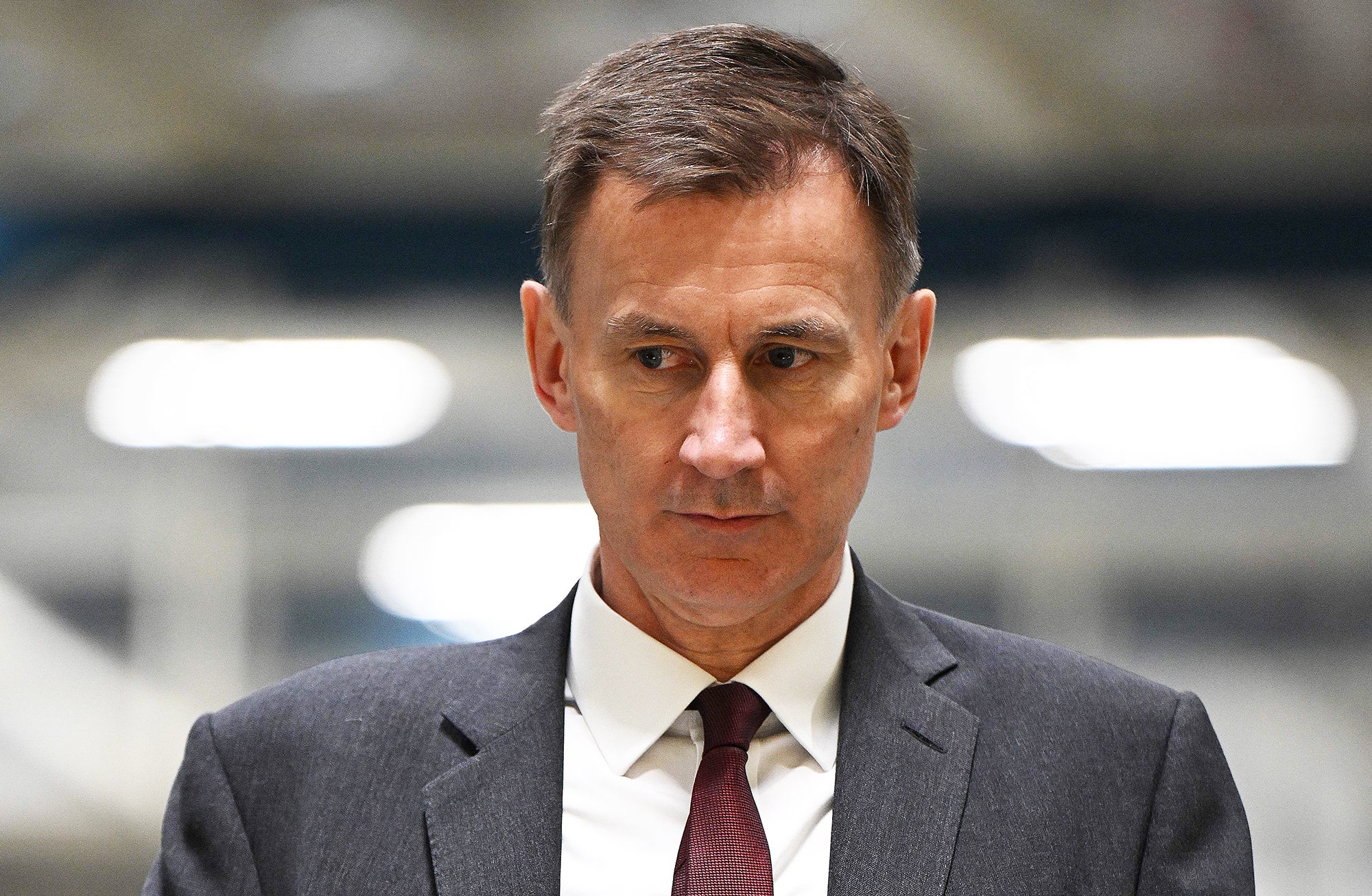Why the chancellor’s tax cuts don’t work for marginalised people like me
The autumn statement makes some big promises, writes small business owner Tynah Matembe. But Jeremy Hunt must try much harder to answer the needs of minority communities like mine…


When I heard about the chancellor talking about pay rises in the autumn statement, it got me thinking about the people in my community who are often left out, and how these moves could shake things up for them.
And guess what? It’s a mixed bag! Sure, there are some improvements, but let’s face it – the chancellor’s autumn statement doesn’t solve the bigger financial problems that are hitting us the hardest. It certainly doesn’t take into account the experiences of people facing financial exclusion, such as Black, Indigenous, people of colour (Bipoc) or migrants like myself.
Here are just a few of the challenges they face amid the promises of the autumn statement:
The £350 small business rate relief sounds good on paper, but it barely scratches the surface of our struggles. For businesses like mine, especially those run by Black founders, this relief is a drop in the ocean. We’ve got a lot on our plate that goes well beyond tax – issues like limited funding, market barriers and tackling systemic biases that hold us back.
We’re not just fighting tax rates; we’re fighting a financial lending system that often looks the other way and doesn’t give us a fair shot at the big leagues. For people in my position, these proposed fixes miss the mark.
What would have made a difference is targeted funding that doesn’t play favourites, initiatives that open doors to fair market access and contracts that don’t discriminate. That’s the kind of support we need for our businesses to thrive. It’s time for reforms that don’t just scratch the surface, but dig deep and tackle the real barriers we face.
Then there’s the hyped maximum national insurance saving of £450, and the 10 per cent pay rise. I’m not going to argue that these announcements won’t make a difference, but they certainly won’t magically remove the big old walls that prevent marginalised people like me from climbing the financial ladder.
We’re talking about serious barriers that make it hard for people from marginalised groups to get into well-paid jobs, or even get on the ladder in the first place. The statistics don’t lie, and they tell a grim story. Unemployment rates for communities like mine are much higher than the national average. Here’s a staggering one: the unemployment rate for Black or Black British people is a whopping 9.5 per cent compared to their white counterparts, who are sitting at 3.8 per cent. That’s some stark inequality.
It’s like putting a plaster on a broken arm. It doesn’t address the core issues that are preventing people from getting the fair chance they rightly deserve.
Then there’s the 2 per cent income tax cut. I mean, that’s cool, isn’t it? It certainly feels like a bit of a victory. But here’s the kicker – remember that not-so-fun freeze on personal tax allowances that the chancellor announced last year? Well, brace yourself. That freeze, combined with inflation, is like the Grinch stealing Christmas – it could totally wipe out those tiny benefits we’re now celebrating. If they’d lifted the freeze, it would have meant more money in our pockets in the future. Sometimes, it feels like we’re taking one step forward and two steps back.
The chancellor needs to recognise the harsh realities facing families struggling to make ends meet. Families out here are doing their best to juggle bills and rent and try not to let the fridge go empty, and their experiences need to be taken into account.
And don’t even get me started on the sky-high energy prices that continue to squeeze already stretched budgets. A more focused effort by the chancellor to cap and reduce energy costs would have brought immediate relief to give countless households living on the breadline some breathing space.
Behind these announcements are the stories of real people; people who are struggling every day to make ends meet.
So yes, these measures may provide some relief, but they don’t go far enough. At best, they are temporary fixes for long-standing problems. For people like myself and countless others, we need more than token proposals – we need real changes that break down barriers and level the playing field for everyone. That’s the real deal that will make things better for all of us.
Tynah Matembe is the founder of MoneyMatiX and host of the Grow Your Money podcast
Join our commenting forum
Join thought-provoking conversations, follow other Independent readers and see their replies
Comments
Bookmark popover
Removed from bookmarks